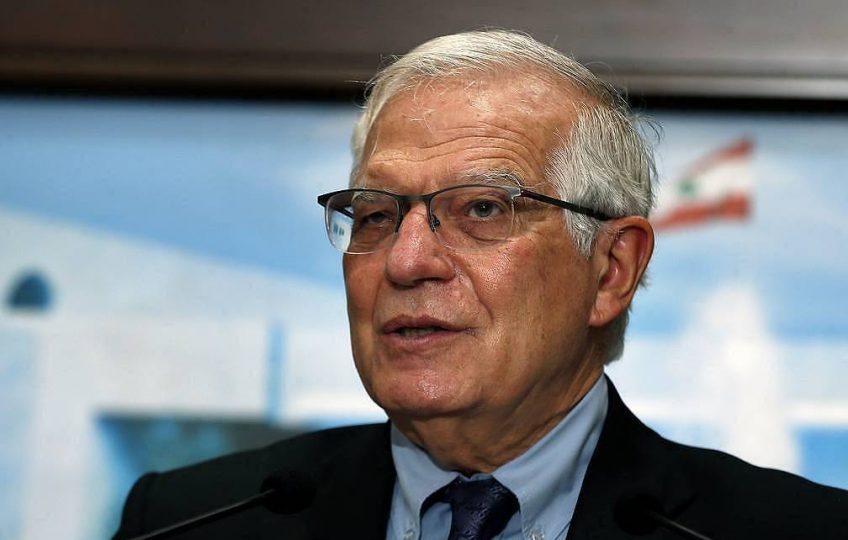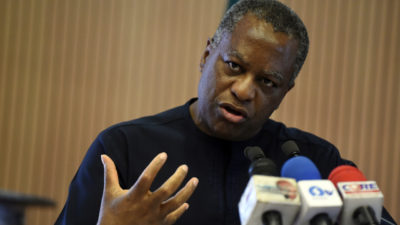The EU sanctions do not and will not contain any direct restrictions on Russian exports of fertilizers and foodstuffs and any bans on their payment, EU foreign policy chief Josep Borrell said after a meeting of EU foreign ministers in Brussels.
Borrell stressed that the new package of anti-Russian sanctions the EU foreign ministers agreed on contains “nothing new” and can be regarded as an improved version of the current package which is effective now. He said that since the beginning [of introduction of sanctions] “food and fertilizers were completely out of package.”
“If there is overcompliance, if there are market avoidances by some economic and financial actors, we are trying to explain to them that there is nothing in our restrictive measures that prevent [them] from exporting and paying for food and fertilizers,” he said.

Borrell stressed that, according to the EU, all global food problems are only caused by the blocking of grain exports due to the conflict in Ukraine. He also expressed hope that Russia, Ukraine and Turkey will reach an agreement at the talks in Istanbul on the export of grain from Ukraine by sea.
Earlier Russian Foreign Minister Sergey Lavrov stated that the food crisis in the world emerged long before the start of a special military operation in Ukraine and was in particular caused by the coronavirus pandemic and the miscalculations of Western countries. He noted however that the current situation has aggravated the food crisis and Western sanctions have become one of the key reasons for the disruption of food supplies.




